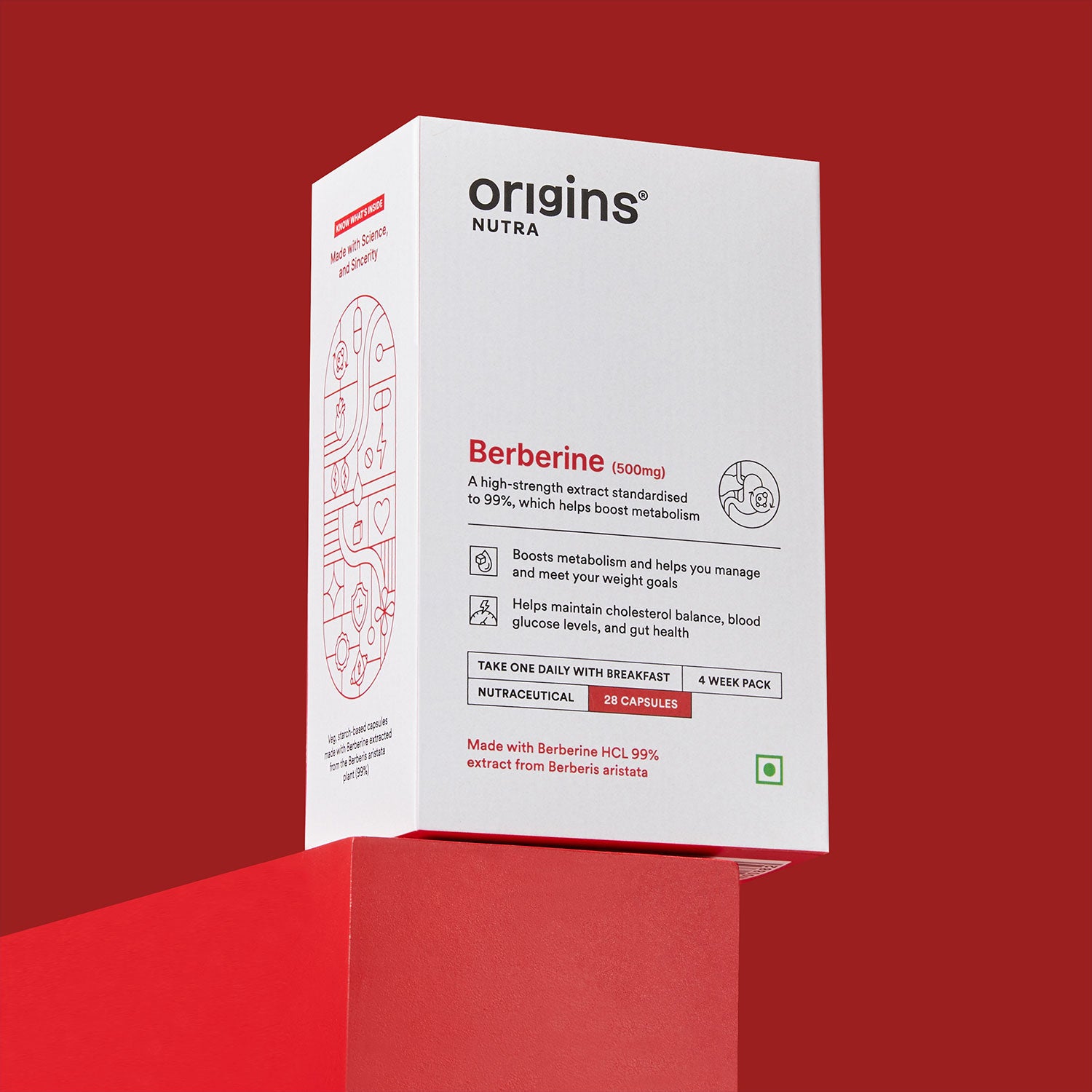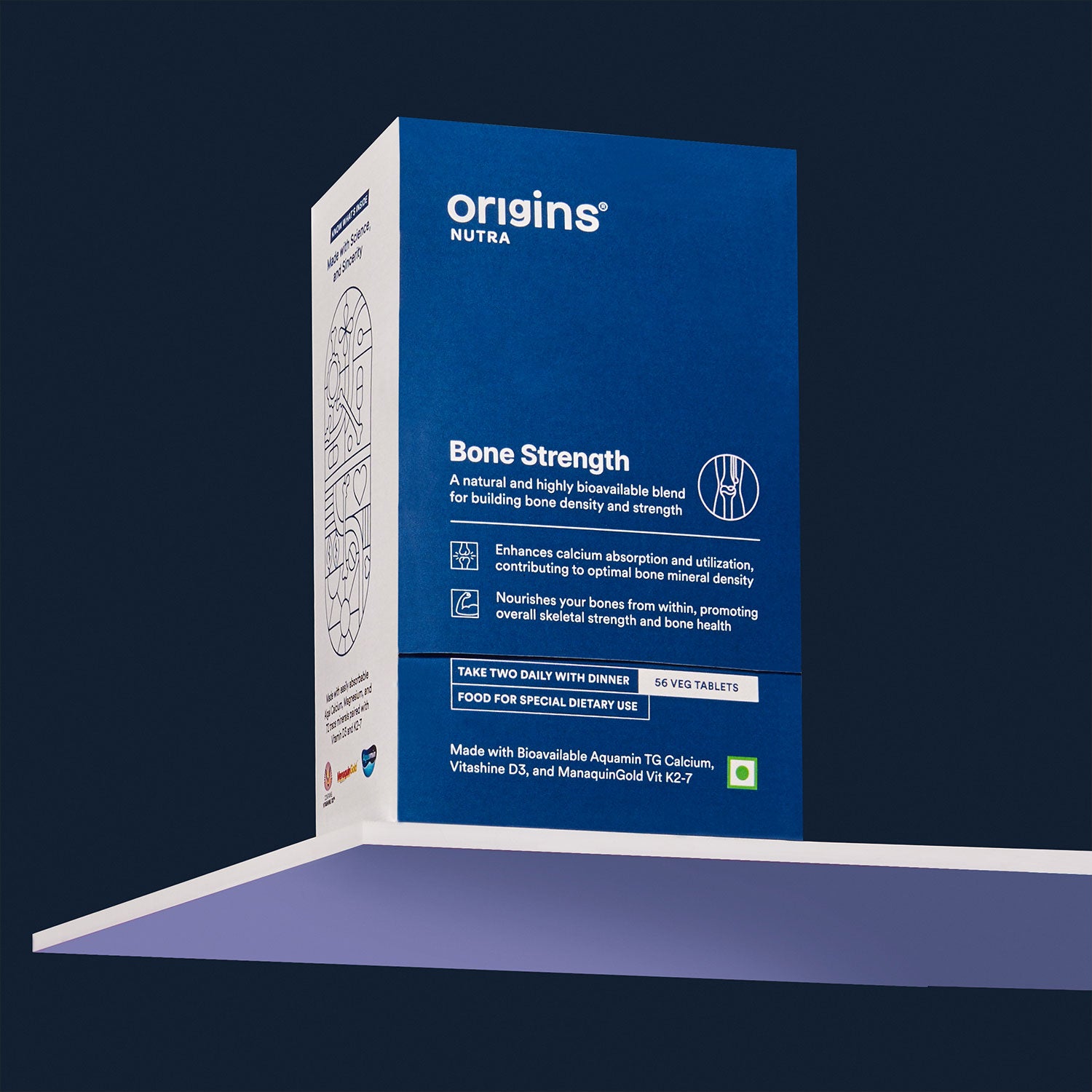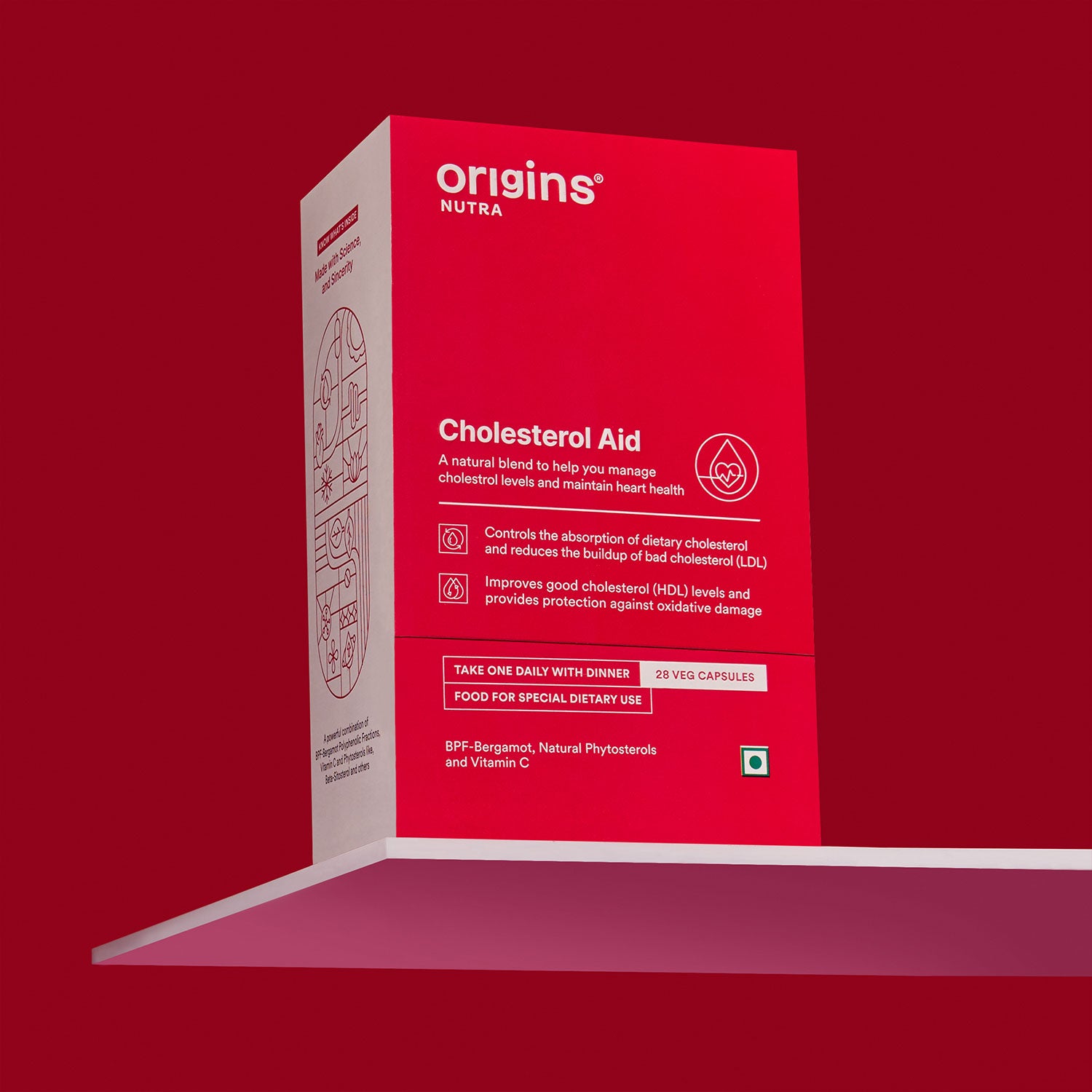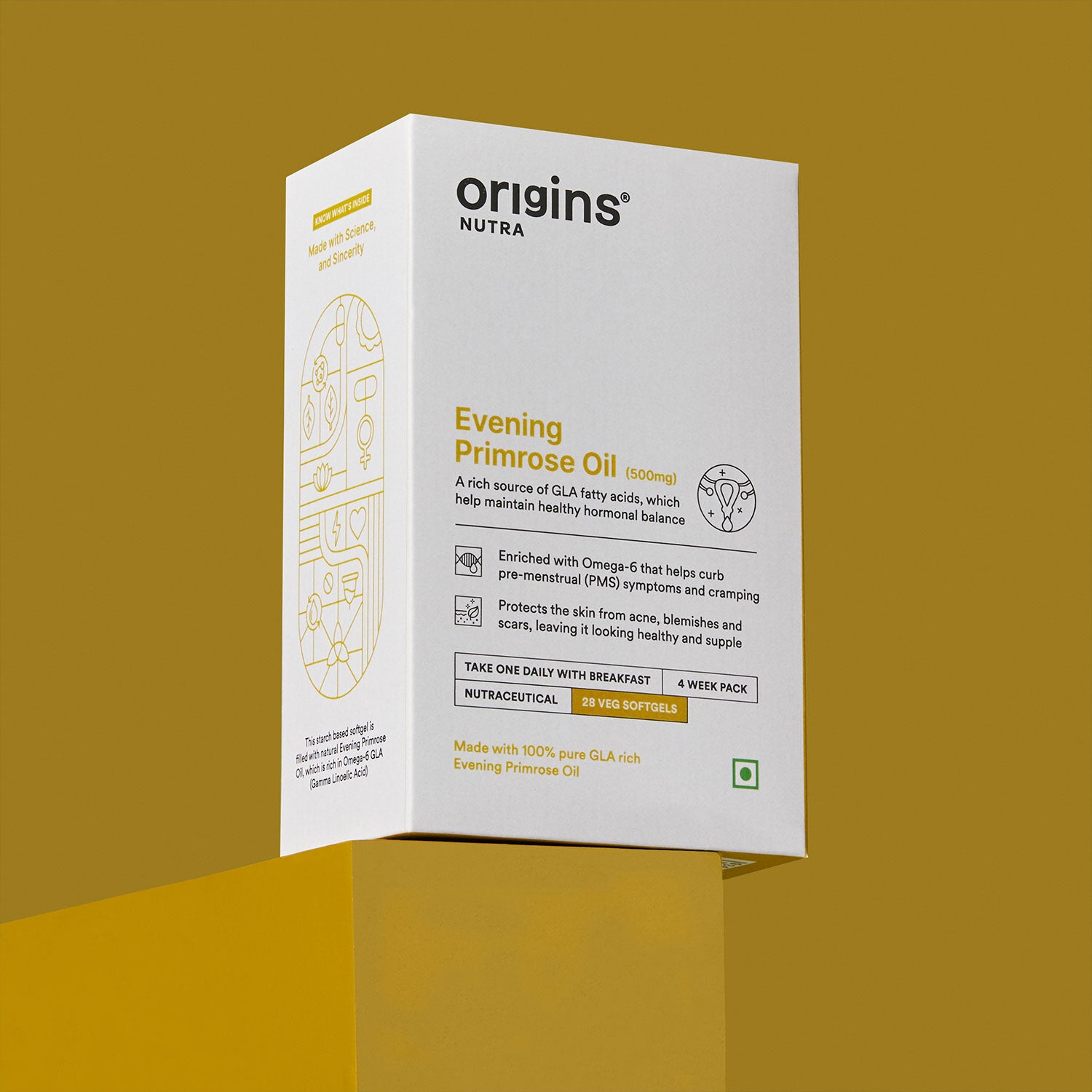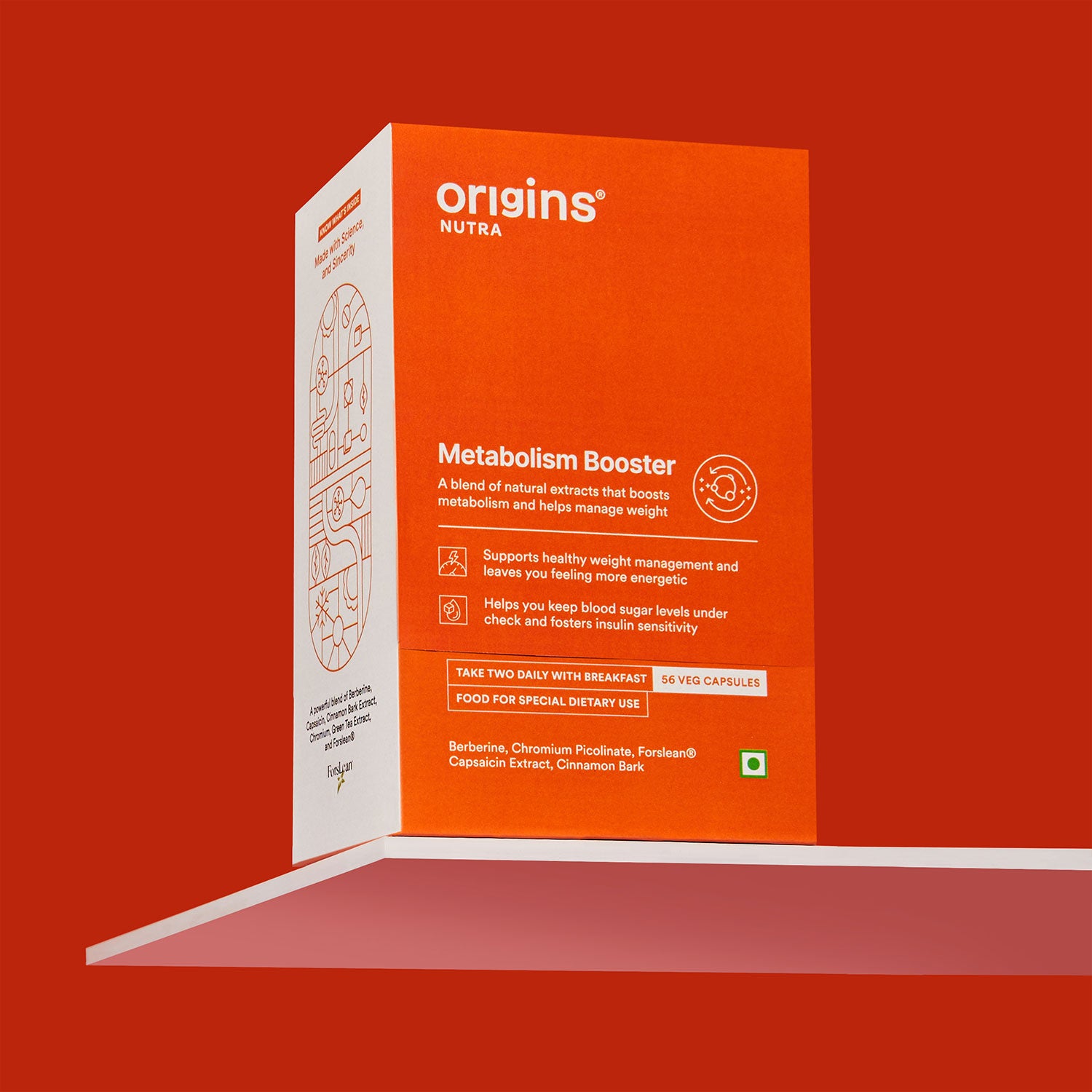Transform your Year with Effective Goal Setting Strategies
As we step into the New Year, it’s the perfect time to reflect on the past and set meaningful goals for the future. Goal setting isn’t just about resolutions—it’s about creating a roadmap for your health and wellness journey. Setting clear goals helps turn your aspirations into actionable steps, ensuring that every choice you make brings you closer to a healthier, happier life. Without clear goals, it’s easy to get sidetracked, but with a plan, you’re on track to make the most of the year ahead.
1. Reflect on What Matters Most to you
Before diving into goal setting, take a moment to think about what truly matters to you. Is it improving your energy, getting better sleep, or feeling stronger? When your goals are rooted in what’s most important to you, they become easier to stick with. Whether it’s a small change like drinking more water or a bigger goal like improving your fitness, clarity around your priorities will keep you motivated throughout the year.
2. Break your Goals Down into Manageable Steps
Big health goals can feel overwhelming, but breaking them into smaller, manageable steps makes them feel more achievable. Instead of saying, “I want to be healthier,” try setting specific goals like, “I’ll walk for 30 minutes three times a week” or “I’ll cut back on added sugar.” Goal setting is all about identifying small, everyday actions that add up over time. Before you know it, you’ll be closer to your bigger vision.

3. Write it Down (And Keep it Visible)
Writing down your goals is one of the most effective ways to stay committed. It turns your goals from abstract thoughts into concrete intentions. Keep your goals visible by writing them on your desk, planner, or phone. This constant reminder will help you stay focused and keep your goals at the forefront of your mind, ensuring you stay on track with your health journey.
4. Use SMART Goal Setting for Better Focus
To make your goals clear and actionable, try using the SMART framework:
- Specific: Be clear about what you want to achieve.
- Measurable: Define how you’ll track progress.
- Achievable: Set goals that challenge you, but are still realistic.
- Relevant: Make sure your goals align with your values.
- Time-bound: Set deadlines to stay on track.
For example, instead of saying, “I want to eat healthier,” set a SMART goal like, “I’ll eat five servings of vegetables every week for the next month.” This approach gives your goal clear focus and makes it easier to track progress.
5. Celebrate your Wins Along the Way
Goal setting is about progress, not perfection. Celebrate the small wins along the way! Did you stick to your exercise plan this week? Did you make time for self-care? Acknowledge these moments they're steps in the right direction. These small celebrations help reinforce positive habits and keep you motivated as you continue working toward your larger health goals.

6. Be Flexible and Adapt when Needed
Life is unpredictable, and sometimes your goals may need to be adjusted. This is completely normal. When goal setting, it’s important to stay flexible. If something isn’t working or your circumstances change, reassess and make adjustments. Flexibility is key to maintaining forward momentum, even when the unexpected happens. Keep moving forward, adapt your approach, and remember that the journey itself is just as important as the destination.
Final Thoughts
Goal setting is the foundation of making meaningful, lasting changes in your health and well-being. The New Year offers a fresh start to define what you want to achieve, whether it’s improving your energy, boosting your fitness, or prioritizing self-care. By setting clear, actionable goals and staying focused on your progress, you can turn your aspirations into reality. Remember, it’s not about perfection—it’s about progress. Set your goals, take it one step at a time, and watch how goal setting helps you transform your health this year.

